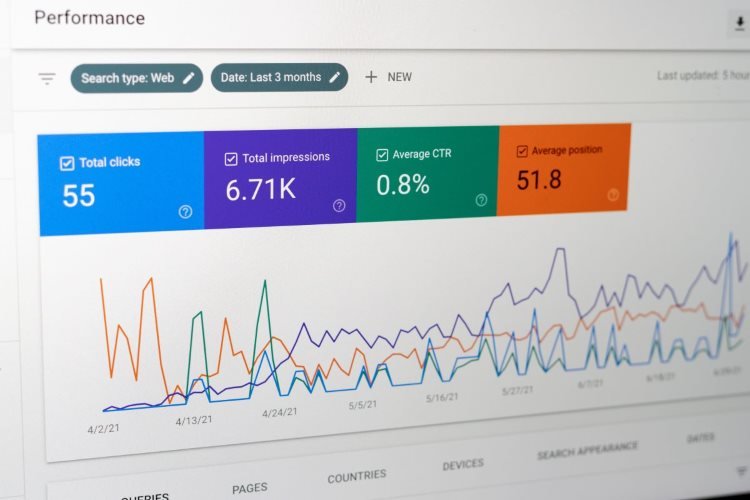April 21, 2022

Simply put, a Data Analyst is an individual that analyses data to help businesses improve their day-to-day operations. With more than 90% of the worlds data being created in the last decade, there are increasingly large reservoirs of data that need to be analyzed across all industries, with demand for analysts far outstripping available supply. Data Analysts are individuals who gather, clean, transform and then interpret data using various technical tools. The data could be ranging from ride-sharing companies such as Uber seeking to understand where peak bookings occur, to a non-for-profit trying to optimise and improve the efficiency of its day-to-day processes. Data Analysis is an industry agonistic skill which can be applied to many fields and with given shortage of skilled data analyst in the US, makes it one of the most flexible, well-paying and satisfying jobs out there.
But what is “Data Analysis”?
Data Analysis consists of the following broad concepts in order to solve a business problem.
What should I expect in a data analyst role?
A Data Analyst may be required to perform one or more activities as mentioned above given the
size of the company and business problem they are assigned to solve. Bigger companies, such as
Meta, tend to have large teams where roles are limited to one activity (i.e. Data Preparation,
Data Modelling, Data Analysis…) while in smaller companies like startups, the role could involve
doing some or all of the above…! The job can be varied and challenging and provide an entry
point for many more advanced careers such as Data Scientist or Data Engineer.
An everyday expectation for a Data Analyst might entail:

So, what are the trends for Data Analytics in 2022?
Data Analytics continues to be a rapidly growing space with an abundance of jobs largely due to the mass volume of data available, declining cost of data analytics tools and increasing processing speed of available hardware. Demand for data analysts have grown by 372% over the last five years with an average base salary of about $70,000 with this set to rise further as demand outstrips supply. Barriers to enter the workforce are continuing to lower every year as EdTech providers like Tracked, Coursera and Udemy provide low-cost learning alternatives that were previously available only to high-end employees. With growing demand for data analytics capabilities and a multitude of industries to choose from, Data Analytics provides an attractive and satisfying career path for any individual.
So, where can learn all of this and more? Whether you’re looking to be a business
analyst, visual
specialist, business intelligence analyst or data analyst, Tracked has the analytics program for
you. You’ll need to master the core fundamentals of problem solving augmented by technical
workflows, so why not learn the best practices from Guides at Fortune-500 Corporations like
Atlassian and Canva? Digital is rapidly changing and with it, the analytical landscape needs
more and more talented data professionals. The Tracked Accelerated Program doesn’t just
emphasise the importance of the technical workflows but does away with learning individual
technologies in isolation through it’s cloud-based learning platform that seamlessly joins these
technologies together.
Tracked’s expert curriculum was founded on the premise of affordability
and hireable outcomes,
developed with experts from Microsoft, Salesforce and Harvard to name but a few contributors who
sought to create an end-to-end analytics pipeline reflective of industry.
The programs 450+ hour curriculum covers:

Alongside mastery of the core technical workflows required for business analysts, visual
specialists, business intelligence analysts and data analysts; you won’t learn alone.
Tracked has an emphasis on creating custom small study pods where you can network and learn from
your peers in a small dedicated pod ( 5 – 10 people), as opposed to a faceless group filled with
hundreds of individuals that you can’t connect with. Your Guide will meet you on a weekly basis
to build up your workflow fundamentals whilst you balance the career competencies you’ll need to
successfully transition across as a fully fledged data professional.
If you’re interested in a career in data, consider the Tracked Accelerated or Comprehensive
Analytics Career Track today. They’ll get YOU on Track for an exciting career in data.